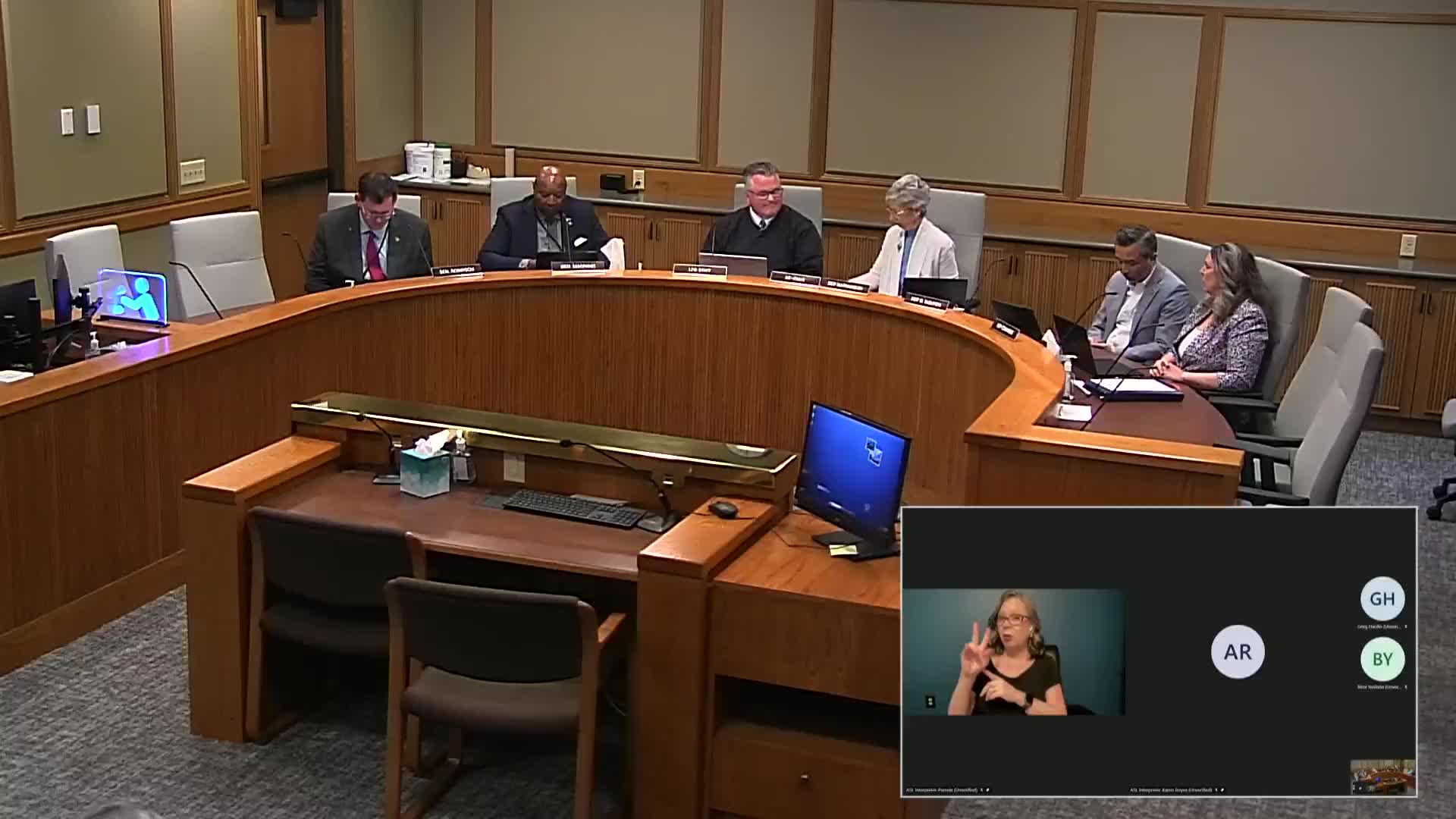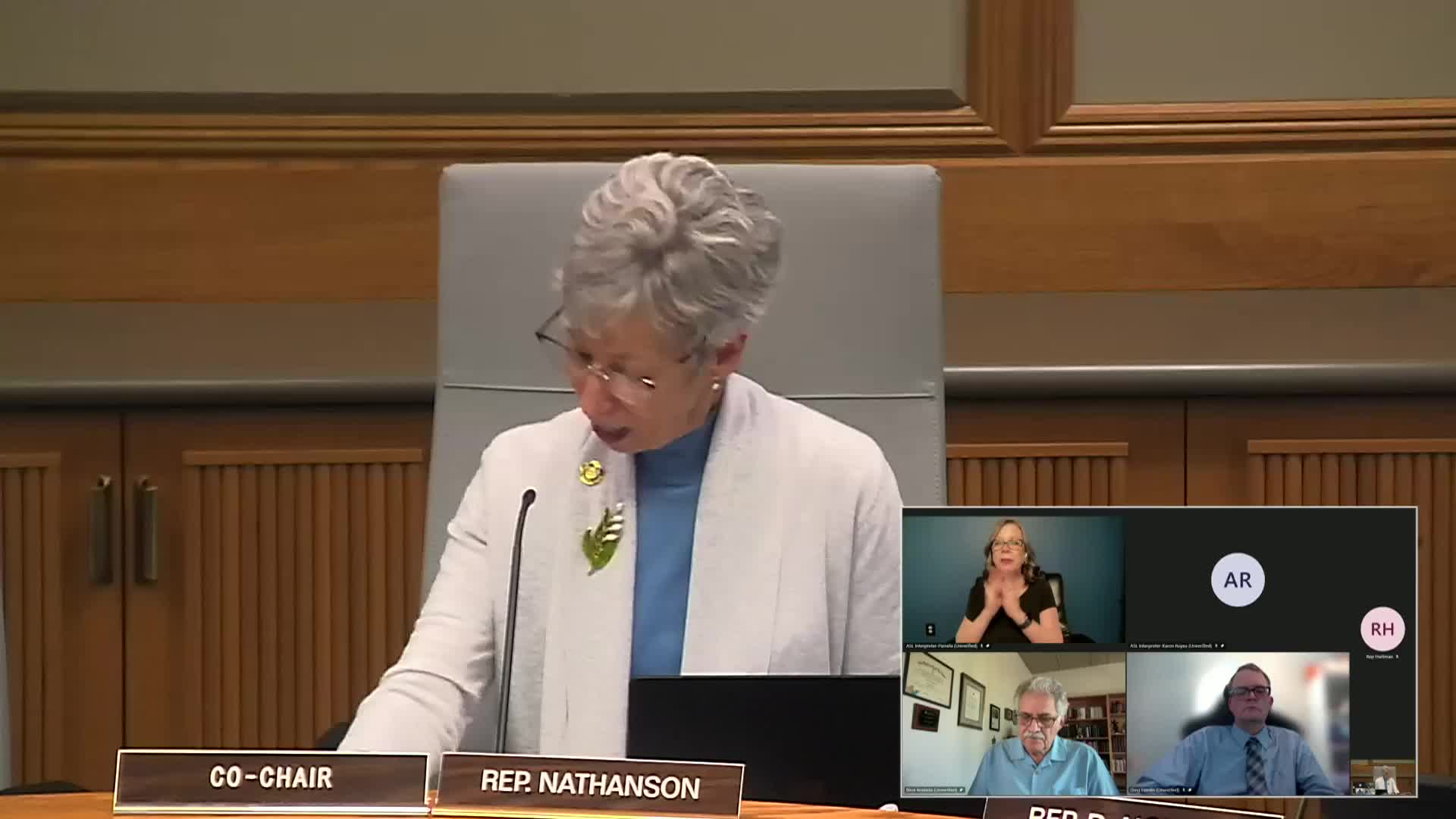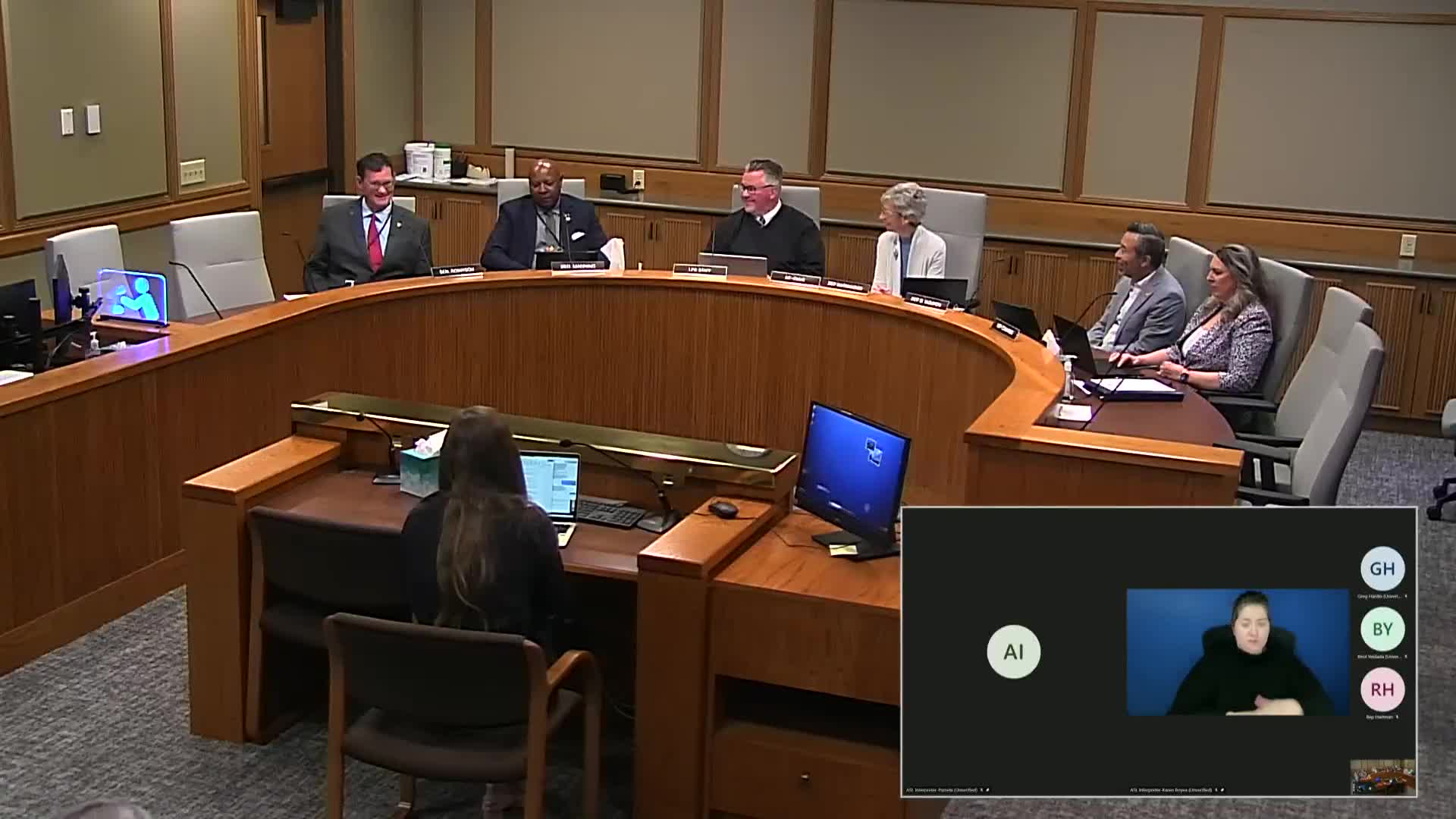Article not found
This article is no longer available. But don't worry—we've gathered other articles that discuss the same topic.

Committee hears competing views on AI bill; sponsors propose definition and linkage to national‑security vendor rules

Representative seeks limited waiver process so state agencies can request use of banned vendor platforms

